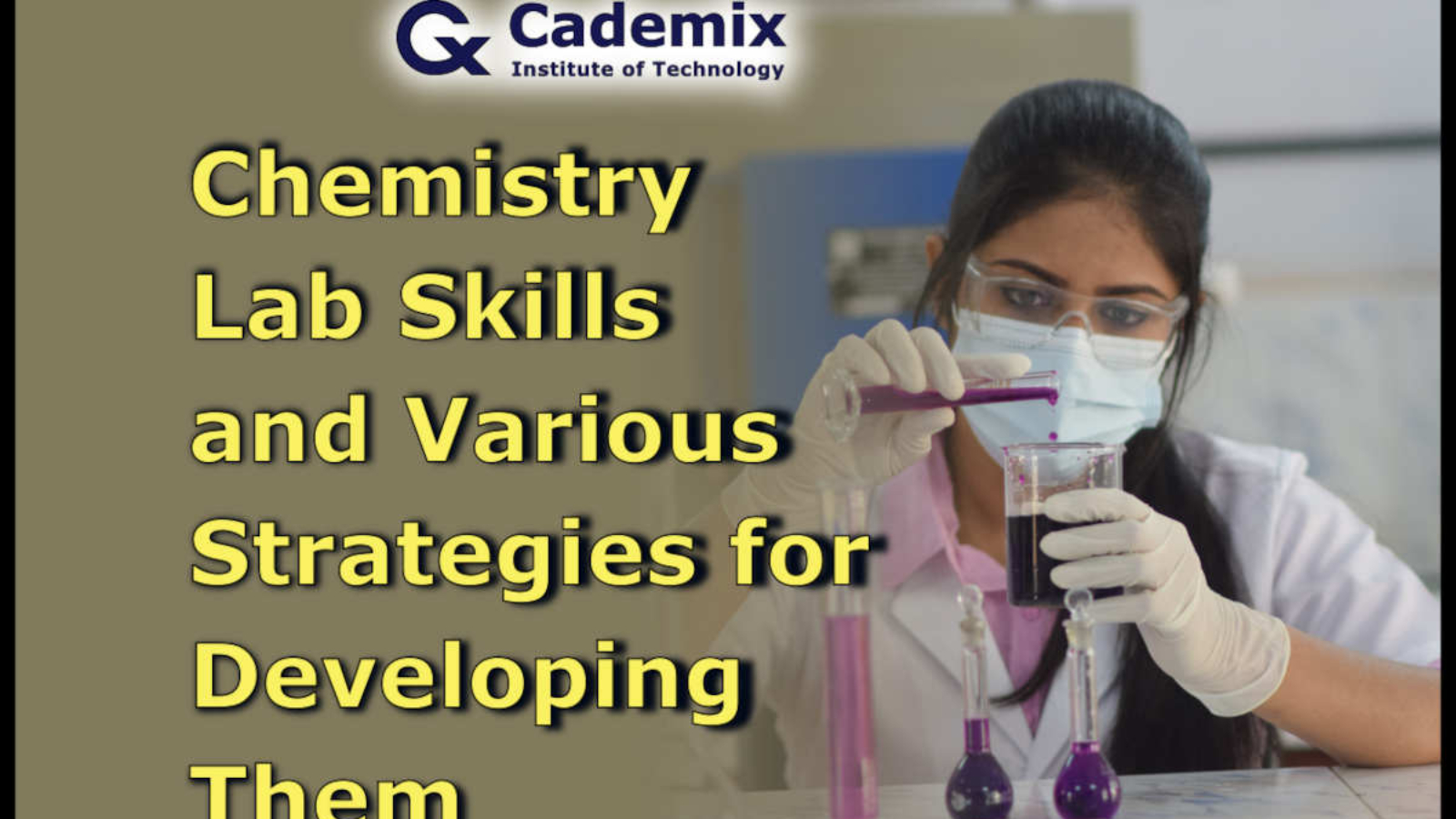Chemistry lab skills are the ability to perform certain tasks in the lab. So, a set of skills is necessary for good performance in a chemistry lab. They are safe laboratory practices, experimental skills, proper handling of lab equipment, analytical methods, scientific writing and record-keeping, and problem-solving skills. This article discusses the major lab skills that a chemist should have, as well as some tips on how to improve them.
Rosemary Salin, Cademix Institute of Technology
Introduction
Chemistry is a branch of science deals with the study of matter and the substances that make up that matter. It also studies the properties of these substances as well as the reactions that occur when they combine to form new compounds. Chemistry is mainly focused on atoms, ions, and molecules, all of which combine to form elements and compounds [1]. A chemist is a person who has studied chemistry in depth. Moreover, chemists apply their skills to discover the composition and characteristics of chemicals. On top of that, they build new compounds and methods. As a result, a chemist needs a unique set of skills for working in a chemistry lab.
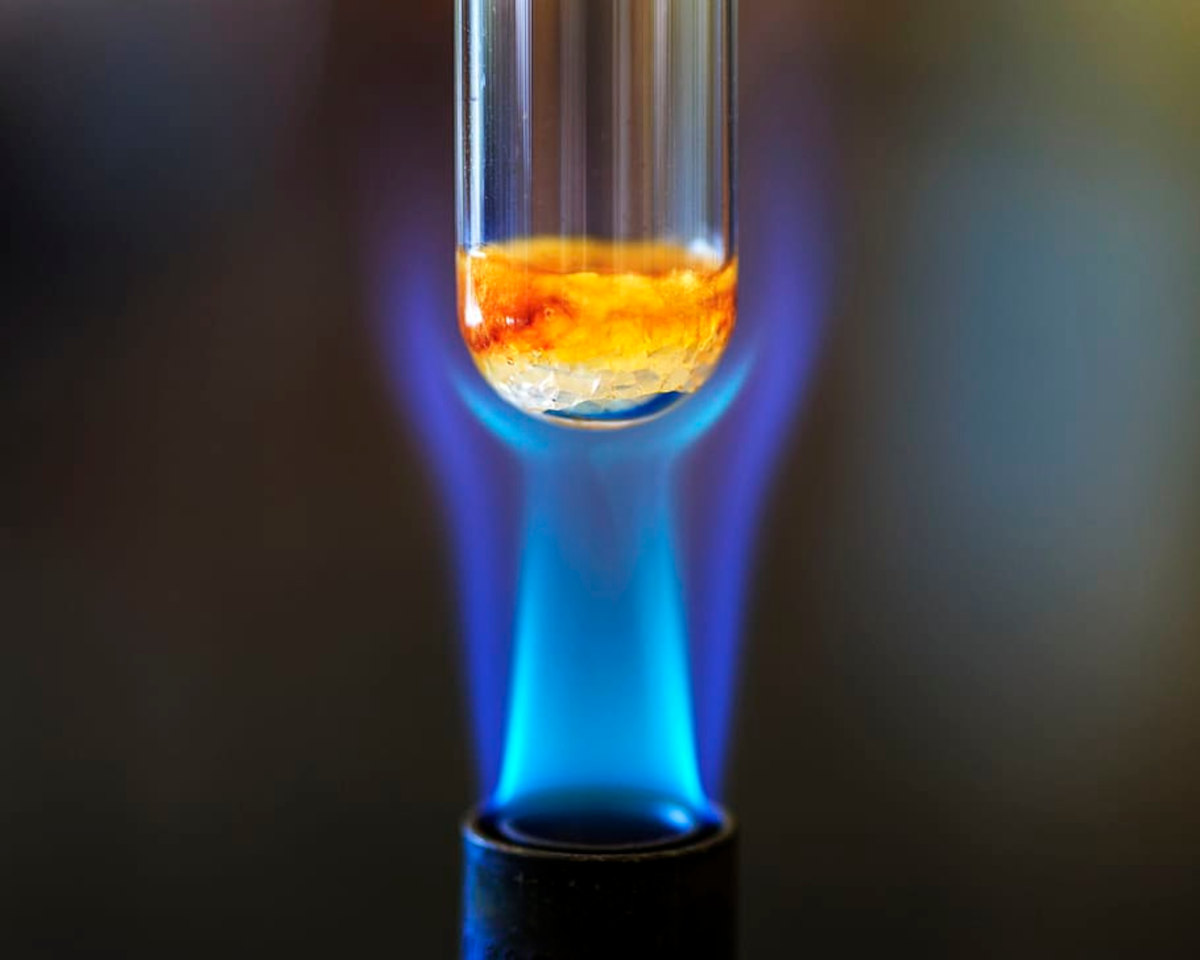
What are Chemistry Lab Skills?
Chemistry lab skills are the ability to perform certain tasks in the lab. Therefore, acquiring lab skills is vital for every chemist. Safe laboratory practices, experimental skills, proper handling of lab equipment, analytical techniques, scientific writing and record-keeping, and problem-solving skills are a few examples of chemistry lab skills.
Safe Laboratory Practices
It is essential to keep yourself safe in the lab. We know that, working in a lab can be unsafe due to exposure to corrosive and toxic materials, flammable solvents, high-pressure gases, and explosive substances. As a result, a chemist must be aware of safe laboratory practices. Besides, they are responsible for their safety as well as the safety of others working in the vicinity [2].
Personal Protective Equipment (PPE)
The first and most important thing to do before working in a chemistry lab is to make sure you have proper personal protective equipment (PPE). It is used to avoid or reduce exposure to certain hazards faced when working in a chemistry lab [3]. Therefore, all laboratory personnel must wear personal protective equipment when dealing with chemicals. It commonly includes chemical-resistant gloves, a lab coat, masks, and safety glasses or goggles [2], [4].
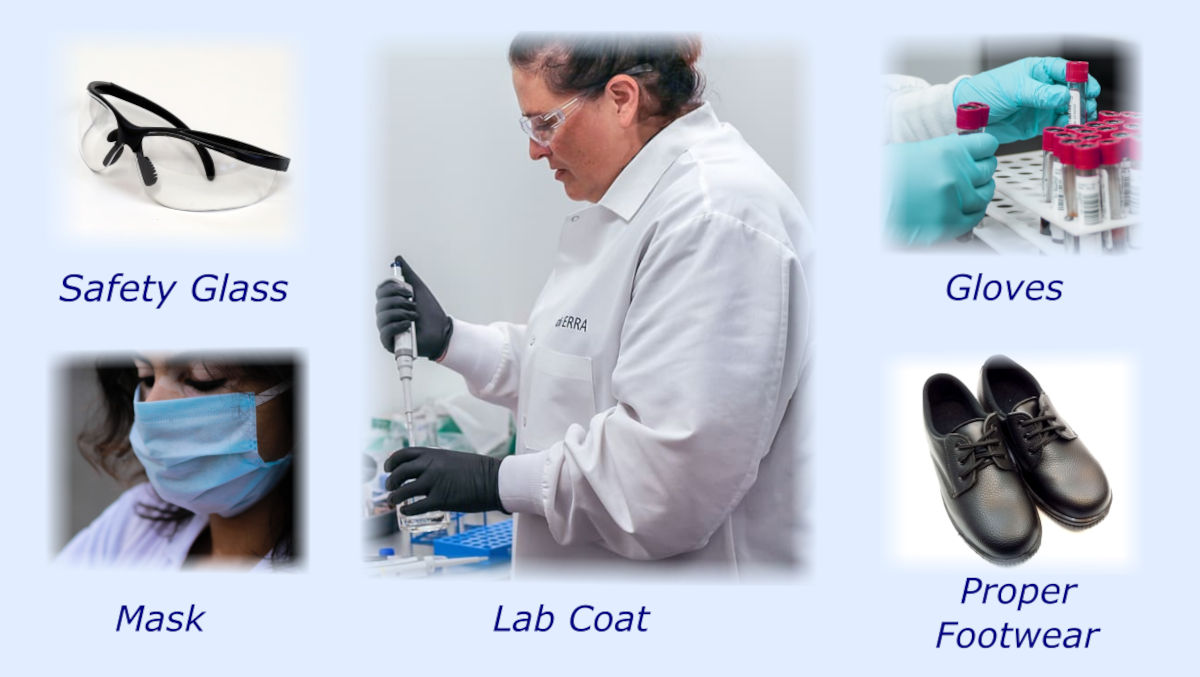
RAMP for Developing Safety Skills
There are mainly four focus areas for forming safety skills. They are; recognizing hazards, assessing risks, minimizing risks, and preparing for emergencies. This is known as RAMP [3].
Recognize Hazards
Firstly, we have to recognize the hazards in a chemical lab. A hazard is a possible source of risk or injury that can occur as a result of working with chemicals, equipment, or instruments. Before dealing with chemicals, you should be aware of the various chemical hazards.
Assess Risks
A risk is a possibility that a hazard may cause harm to a person. At first, we should find potential exposure routes. Then we must assess the risks caused by the experiment’s hazards.
Minimize Risks
Another way to ensure safety is to minimize the risks. Having personal protective equipment (PPE) in the lab is one way to reduce risks. Another method is planning experiments with the fewest possible risks.
Prepare for Emergencies
Above all, it is crucial to respond to emergencies quickly and sensibly. Hence, you should know what to do in lab accidents and be prepared to act properly.
Furthermore, there are some rules for safe handling of chemicals, cleaning lab equipment, and chemical disposal. Learning these rules is needed for building safety skills. You should also follow these rules correctly. Moreover, knowing the meaning of the signs seen in the lab is mandatory. Another thing to keep in mind is to follow the lab protocols.
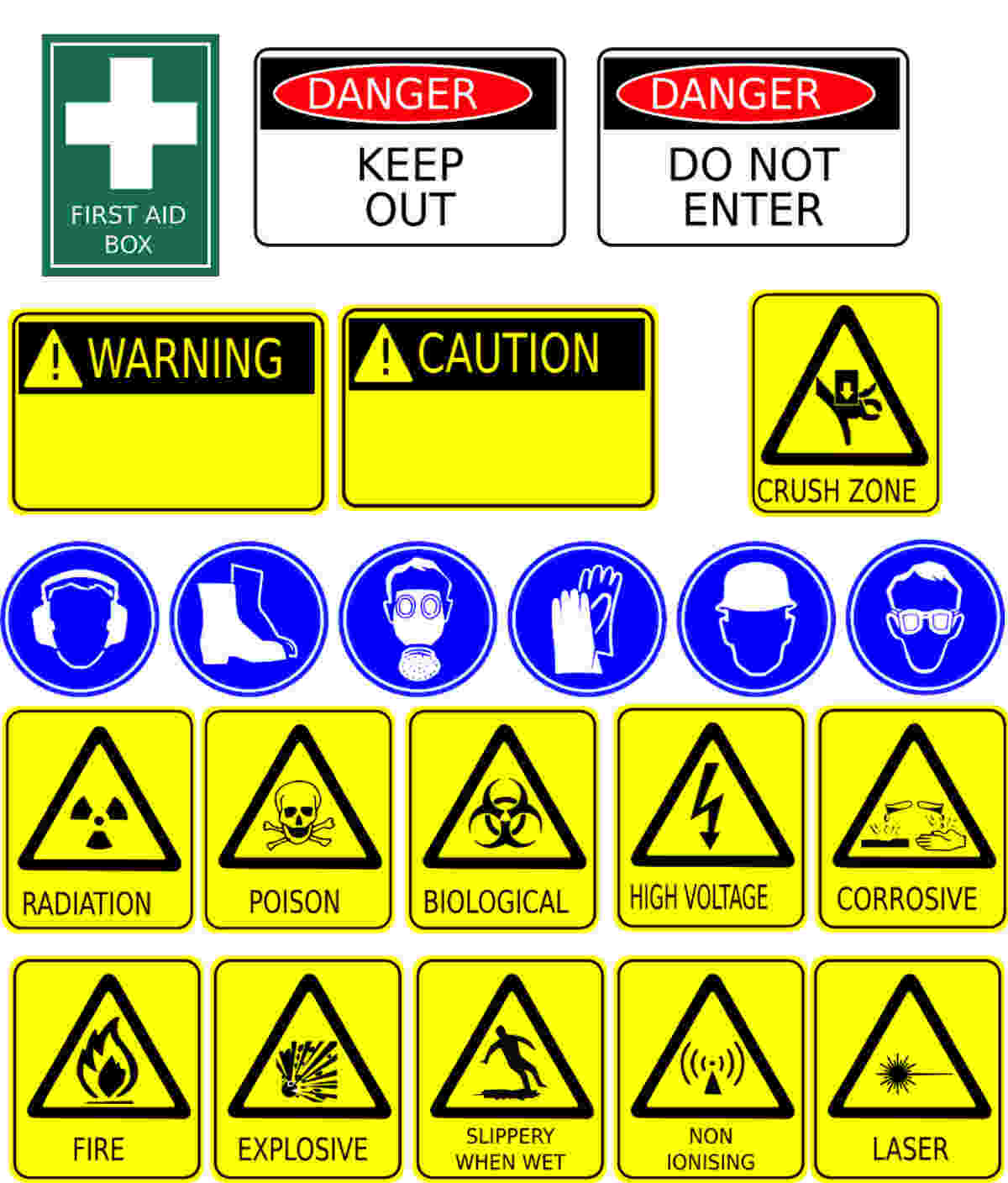
Experimental Skills
Chemistry is all about experiments and findings. All hypotheses can only become laws if they are experimentally proven. As a result, a certain set of skills are needed to conduct experiments properly. This skill may be gradually gained by doing experiments with ample knowledge of the methods, full focus, and precision. It is also important to choose the right method and equipment before experimenting.
Selection of Method
There is a reason behind every analysis. You will analyze test samples to help in finding answers to a question or solving an issue. Therefore, for the results of an analysis to be helpful, a suitable test method must be used. How do you choose an acceptable method? The scope, performance, cost, and time consumption of the method are the most important factors to consider [4]. Firstly, the method scope may be summed up as the analytes, sample matrices, and analyte concentration range for which the method is suitable [4]. Secondly, to check the method performance you have to go through the following questions:
- What is the likely uncertainty in the results? Is it acceptable?
- Are the key performance parameters, such as precision, bias and limit of detection, fit for purpose?
- Is the method performance acceptable over the desired range of sample types and analyte concentrations?
Selection of Equipment
The term “equipment” refers to anything other than the chemicals and reagents required to perform a specific test. The equipment required to perform a test should be specified in the standard operating procedure. However, before using any equipment, you must ensure that it is in good working condition [4].
The significance of Standard Operating Procedures (SOPs)
All test methods should be recorded as a collection of clear instructions. A standard operating procedure (SOP) is a complete description of a method (SOP). SOPs are used in the lab to assure that always the correct test methods are used. Most of the time many analysts will perform the same analysis. So, they all should follow the same SOP to increase the comparability of their results. In addition to that, you should check whether you are using the most recent version of the SOP [4].
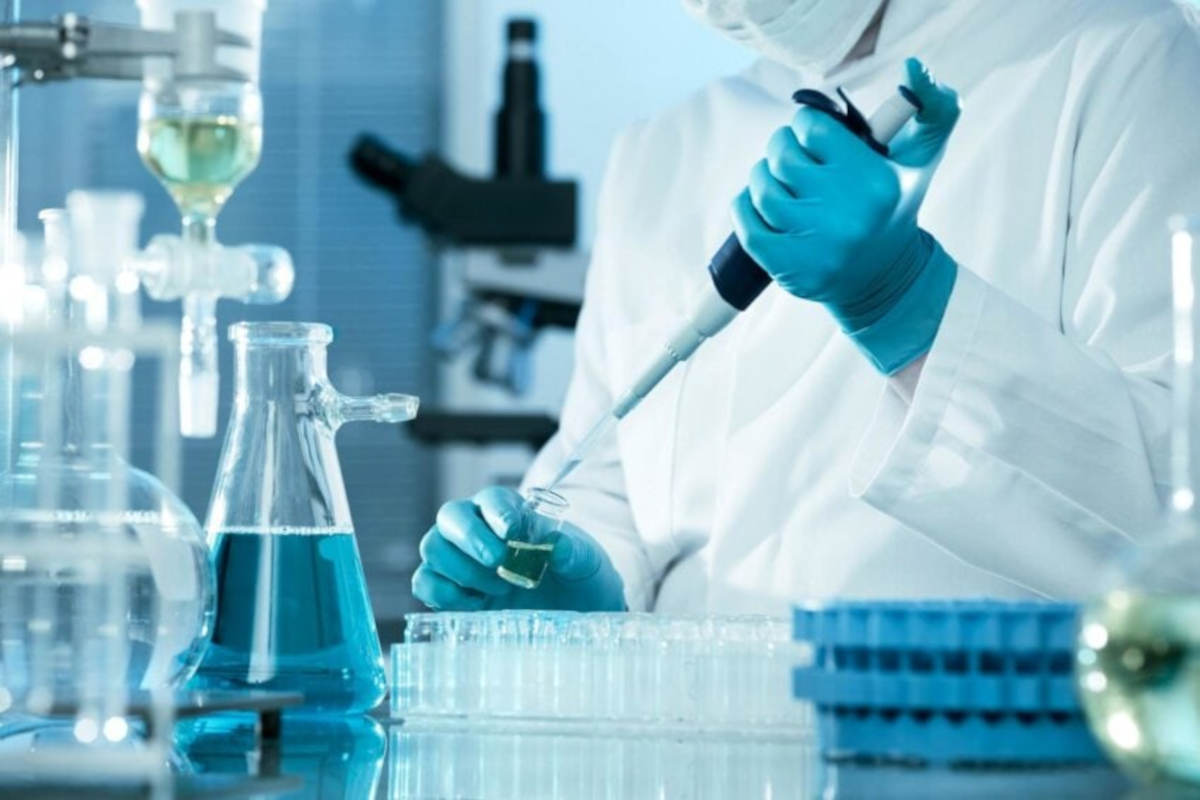
Proper Handling of Lab Equipment
In a lab, a chemist works with costly glassware and tools. As a result, learning how to operate lab equipment properly is critical. Beaker, conical flask, pipette, burette, volumetric flask are some examples of glassware in the lab. It is necessary to know the uses of these apparatus. Before using any glassware, make sure it is in good condition. Moreover, when using pipettes and burettes, use extra caution because the tips can be easily broken [4].
There are a few habits that can help you in skillfully managing these instruments [4]. Firstly, make sure that you have gained enough training. Secondly, make sure that the equipment is clean and in good operating condition. Finally, ensure proper calibration of the equipment. A properly calibrated equipment provides more accurate results. Furthermore, correct calibration can increase lab safety whenever the experiment involves dangerous compounds. As a result, the equipment should be calibrated frequently.
Analytical Methods
Analytical methods are methods used to separate, identify, purify, and quantify materials. Qualitative and quantitative analysis can be done, often with the same instrument. Usually, the same instrument can separate, identify, and quantify an analyte. In fact, there are several methods to do the analysis. For example, analytical balance is one of the basic methods to measure small mass. As well as, there are complex methods involving highly technical equipment [5]. The following are some of the methods for chemical analysis:
- Gravimetry
- Volumetry
- Spectroscopy: Spectrometric analysis consists of a wide range of techniques. A few examples are given below.
Atomic absorption spectroscopy (AAS)
Atomic emission spectroscopy (AES)
Ultraviolet-visible spectroscopy
X-ray spectroscopy
Fluorescence spectroscopy
Infrared spectroscopy
Raman spectroscopy
Nuclear magnetic resonance (NMR) spectroscopy
Photoemission spectroscopy
Mössbauer spectroscopy - Mass spectrometry
- Thermogravimetric analysis
- Calorimetry
- Chromatography
Thin-layer chromatography (TLC)
Gas chromatography (GC)
High-performance liquid chromatography (HPLC) - Electrochemical analysis
Potentiometry
Coulometry
Amperometry
Voltammetry - Hybrid techniques: A hybrid technique is developed by integrating these analytical techniques [5].
Gas chromatography-mass spectrometry (GC-MS)
Liquid chromatography-mass spectrometry (LC-MS)
Liquid chromatography-infrared spectroscopy (LC-IR)
Gas chromatography-infrared spectroscopy(GC-IR)
These are some of the hybrid techniques used for analysis [5].
A chemist must have a good knowledge about the principles and uses of these instruments. Moreover, hands-on experience in these techniquesis valuable in chemical analysis.
Why Hands-on Training is important?
Hands-on experience is important for the learning process. It has been found to be helpful in developing problem-solving and critical-thinking skills. Similarly, it also helps in getting familiar to reactions, materials, and equipment in a lab setting [6]. Furthermore, a student will get the chance to operate modern equipment. As a result, they will become familiar with viable faults and its remedies during such training.
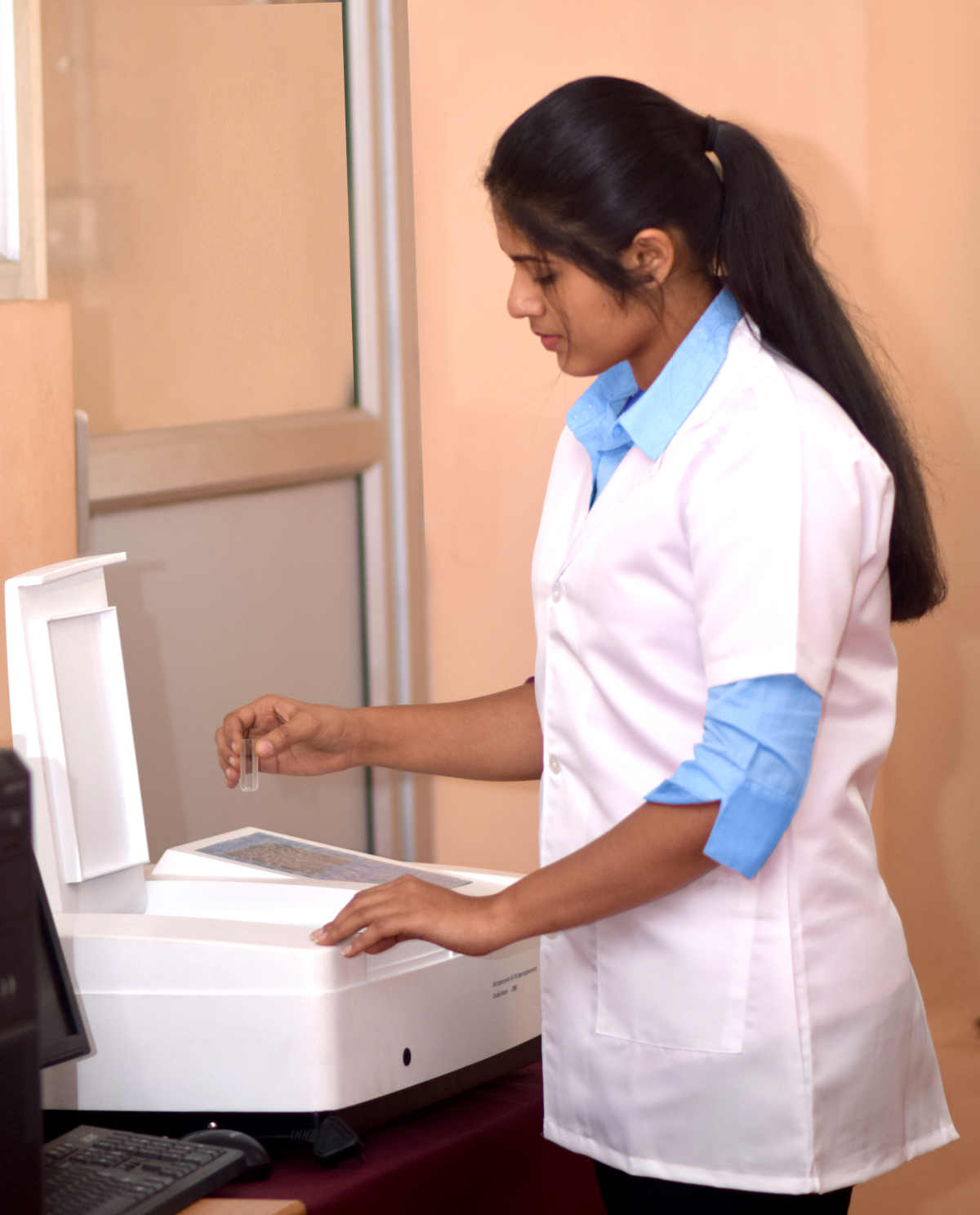
Scientific Writing and Record Keeping
Lab record keeping and scientific writing skills are very important chemistry lab skills. Generally, scientists communicate with one another through written reports. So, the first step after getting the results of an experiment is to record the data. Good records are valid management tool. They are useful to collect data, investigate mistakes, and analyze problems. By keeping these records, constant monitoring of the results is possible. After carefully verifying these results, we should publish it. Usually, these studies are published through some science journals. For that, it is essential to develop scientific writing skills.
Basic Principles for Good Scientific Writing
Good scientific writing is not that different from good writing in other subjects. As a result, the rules of good grammar, spelling, punctuation, and style continue to apply. In addition to that, scientific communication demands clear language, clear expression, and logical structure [7]. Furthermore, arranging the ideas in a proper order is essential. Develop ideas into a series of solid, logically related paragraphs inside a document.
Problem-Solving Skills
Problem-solving is a life skill. This simply means being able to analyze an issue or a scenario when faced with one. As we know chemistry contains various problem-solving tasks that may be done in a variety of ways. As a result, analytical skills and the capacity to solve issues quickly are important in the lab. It is necessary to be able to look critically at your work as well as solve problems that occur during lab works.

Bibliography
[1] “Chemistry – Wikipedia.” https://en.wikipedia.org/wiki/Chemistry (accessed Jan. 02, 2022). [2] John R. Dean, “Basic Laboratory Skills,” in Methods for Environmental Trace Analysis, vol. 3, 2003, pp. 1–11. [3] ACS Committee on Chemical Safety, Safety in Academic Laboratories: Best Practices for First- and Second-Year University Students. 2017. [4] C. Bailey and V. Barwick, Laboratory skills training handbook. 2007. [5] “Analytical chemistry – Wikipedia.” https://en.wikipedia.org/wiki/Analytical_chemistry Instrumental_methods (accessed Jan. 02, 2022). [6] “Importance of Hands-on Laboratory Science – American Chemical Society.” https://www.acs.org/content/acs/en/policy/publicpolicies/education/computersimulations.html (accessed Jan. 02, 2022). [7] “5 Ways to Improve Scientific Writing Skills – wikiHow.” https://www.wikihow.com/Improve-Scientific-Writing-Skills (accessed Jan. 04, 2022).About the Author
Rosemary Salin is an Associate Chemist at Cademix Institute of Technology, Austria with a Master of Science in Chemistry. Her interests include studying scientific problems and finding different solutions to them through experiments.
Furthermore, she was a recipient of the INSPIRE (Innovation in Science Pursuit for Inspired Research) Scholarship from 2016 to 2021. It is a scholarship program implemented by the Department of Science and Technology (DST), Government of India. It is given to deserving students doing bachelor’s and master’s courses in Natural and Basic Sciences. Moreover, she is a member of the Cademix Career Autopilot Program. She is available for new opportunities. Please feel free to contact her.
E-mails:
Linkedin:
https://www.linkedin.com/in/rosemary-salin/
Keywords related to Chemistry Lab Skills
Chemistry, Chemist, Laboratory skills, Atoms, Molecule, Ions, Chemicals, Safe laboratory practices, Lab equipment, Analytical Techniques, Scientific writing, Corrosives, Toxic materials, Personal protective equipment (PPE), Risks, Chemical hazards, Chemical disposal, Lab protocols, Safety signs, Explosive, Radiation, Precision, Limit of detection, Analyte concentration, Standard operating procedures (SOPs), Lab apparatus, Beaker, Conical flask, Pipette, Burette, Volumetric flask, Test tube, Analytical balance, Separation, Purification
Gravimetry, Volumetry, Spectroscopy, Atomic absorption spectroscopy (AAS), Atomic emission spectroscopy (AES), Ultraviolet-visible spectroscopy, X-ray spectroscopy, Fluorescence spectroscopy, Infrared spectroscopy, Raman spectroscopy, Nuclear magnetic resonance spectroscopy, Photoemission spectroscopy, Mössbauer spectroscopy, Mass spectrometry, Characterisation, Instrumentation.
Thermogravimetric analysis, Calorimetry, Chromatograph, Thin-layer chromatography (TLC), Gas chromatography (GC), High-performance liquid chromatography (HPLC), Electrochemical analysis, Potentiometry, Coulometry, Amperometry, Voltammetry, Gas chromatography-mass spectrometry (GC-MS), Liquid chromatography-mass spectrometry (LC-MS), Liquid chromatography-infrared spectroscopy (LC-IR), Gas chromatography-infrared spectroscopy(GC-IR).

